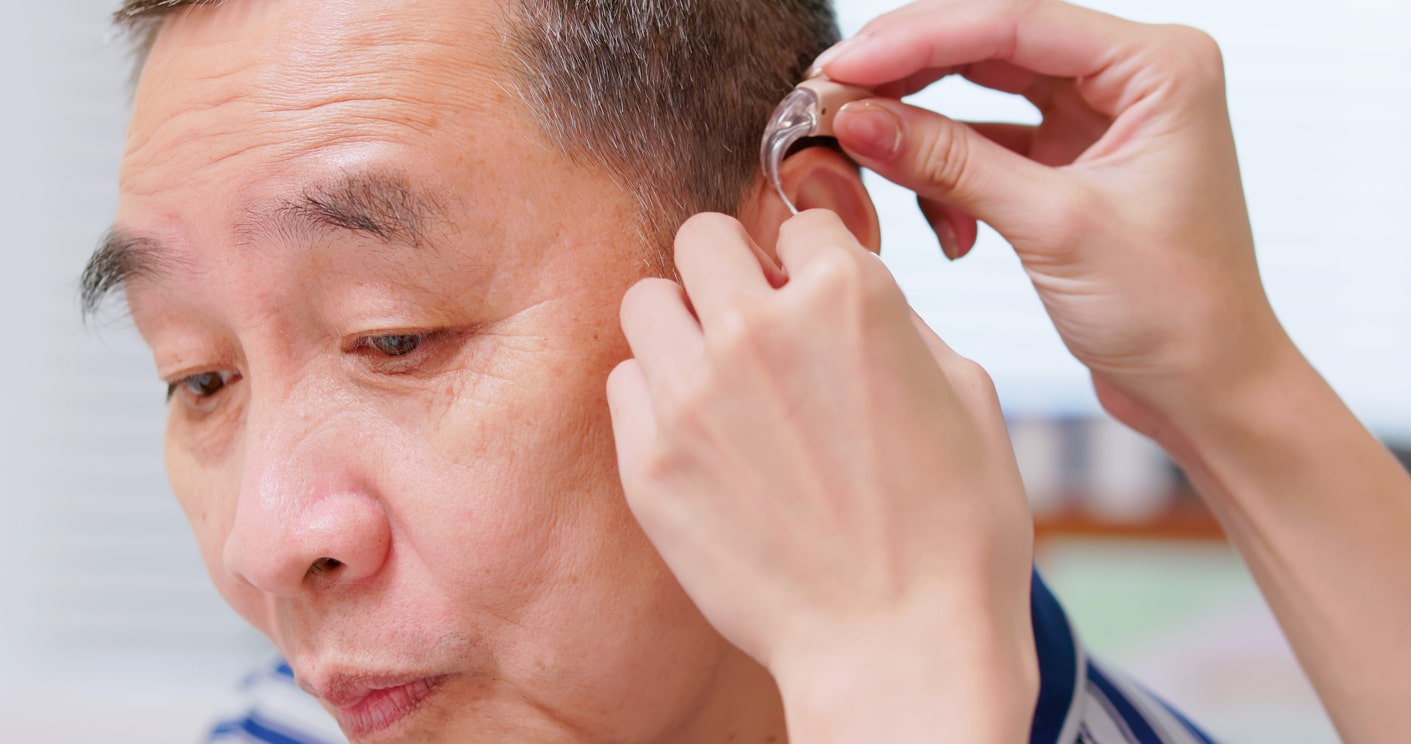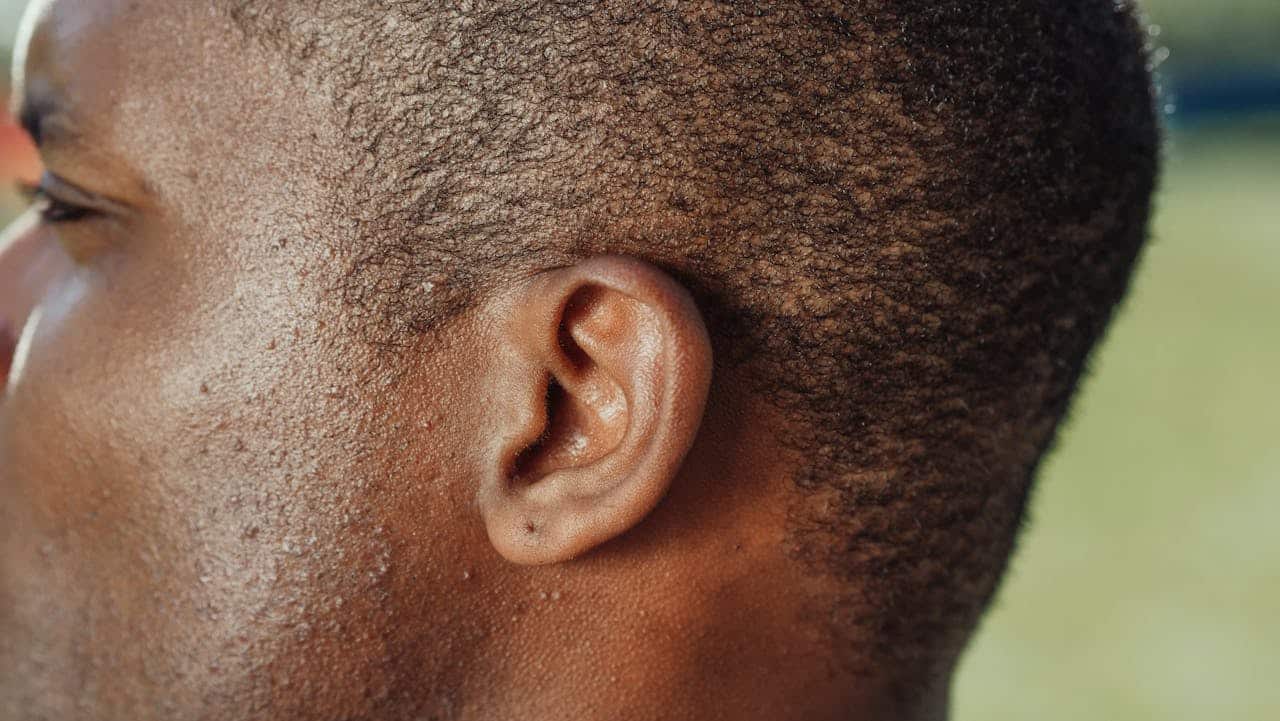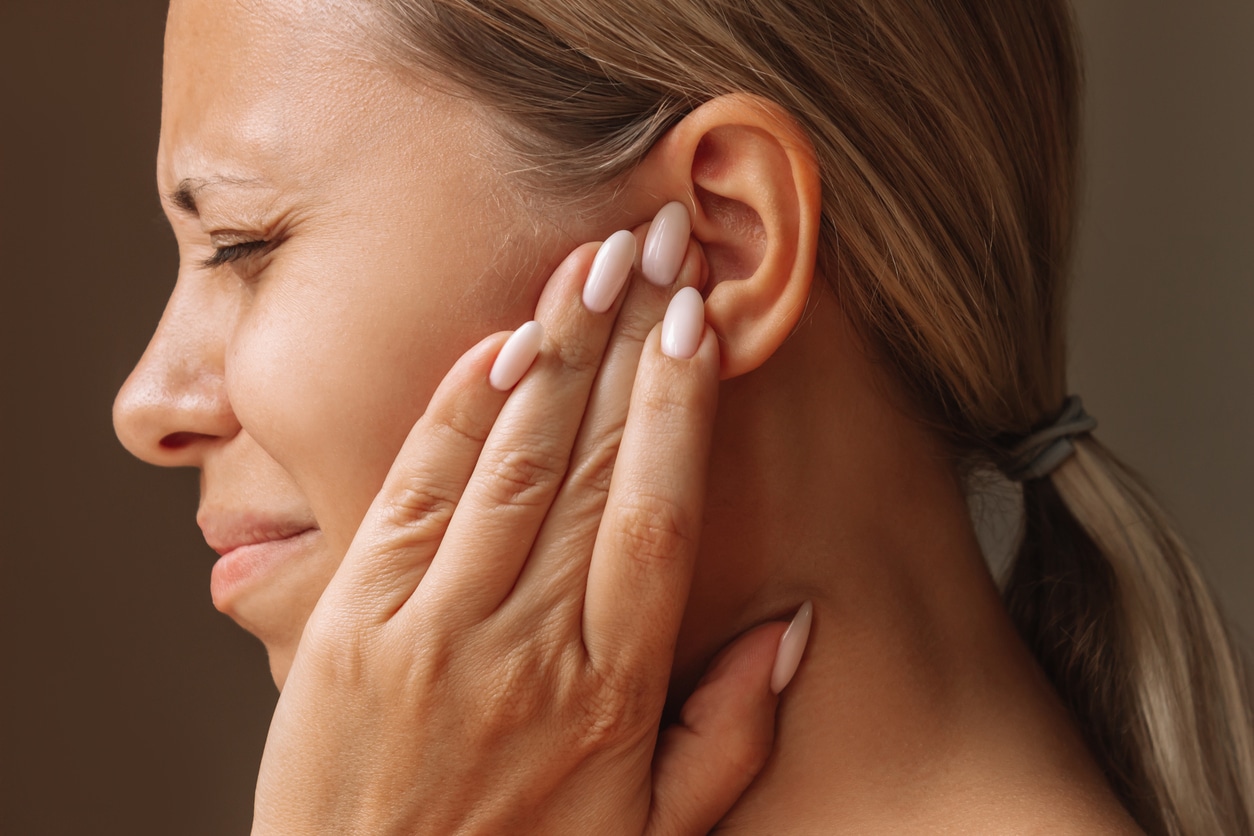-
What To Know About Ototoxicity

Ototoxicity is a side effect of medications or chemicals that results in damage to the inner ear. This damage can create symptoms like hearing loss, ringing in the ears and balance issues. There are ways…
-
Scheduled a Hearing Test? Here’s What to Ask Your Audiologist

Some of the signs of hearing loss include feeling as though people are constantly mumbling, difficulty talking on the phone, trouble understanding in background noise and turning the TV volume way up. If you’re exhibiting…
-
Tips for Managing Tinnitus

Tinnitus is a ringing, roaring, hissing, whistling, humming, buzzing or other sound in the ears that has no external source. In some cases, it is a mild nuisance, but in others, it is a debilitating…
-
Causes & Risk Factors for Tinnitus

The term tinnitus describes a phantom ringing, roaring, hissing, whistling, humming, buzzing or other sound in the ear with no external sound source. According to a 2018 study published in the journal Ear and Hearing,…
-
What to Know About Sound Machines and Noise-Induced Hearing Loss
Noise-induced hearing loss (NIHL) is a form of permanent hearing loss that results from long-term exposure to loud sounds. This occurs because loud noises can damage sensitive hair cells in the inner ear. These hair…
-
What to Know About Musical Ear Syndrome
Musical Ear Syndrome (MES) is a condition in which people hear music, singing or voices when no external source of sound is present. While it may sound like auditory hallucinations associated with mental health disorders,…
-
How to Manage Tinnitus at Night
Tinnitus, the perception of ringing or buzzing in the ears without external sound, can be particularly bothersome at night when everything else is quiet. This can make falling and staying asleep challenging for the roughly…
-
What Functionality Does Bluetooth® Offer My Hearing Aids?

Bluetooth is a short-range wireless technology that is used to connect different devices. The most common example of Bluetooth is the connection between your phone and wireless headphones, but did you know the technology also…
-
What To Know About Hearing Aids and Background Noise
Approximately 1.5 billion people in the world live with hearing loss. One of the common symptoms of hearing loss is difficulty understanding speech in busy environments. For example, if you’re having a busy Friday night…
-
What To Know About Muffled Hearing
Muffled hearing, often accompanied by a stuffy feeling in one or both ears, can be an annoying symptom. Similar to how smudged or dirty glasses can have a detrimental effect on your ability to see…